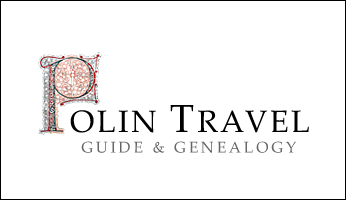"Those who do not remember the past are condemned to repeat it"
George Santanaya
Growing cultural, political and social diversity in the more and more globalized world has led to repetitive outbreaks of xenophobia, nationalism and anti-Semitism. The old, never challenged, cultural stereotypes are still used for social or political purposes, aiming against different minorities. The sooner we start to adopt to live and cooperate in multi cultural societies, the better for us and our children. Education seems to be the key for the problems from the past. Raising historical and cultural awareness of people can help us to prevent from repeating the former mistakes. The historically educated society is less pliable to be manipulated and more conscious and responsible for its political choices.
History education ceased to be only a tribute paid to past generations in recognition of their creativity, struggles and suffering. At present, education is a tool to help us predict certain political and social trends and counteract certain mistakes from the past from being repeated.
This social awareness education is particularly important in the time of information overflow when different forms of historical revisionisms are gaining access to modern media to be used for political purposes. Similar mixture of revisionism and politics led to the calamities of humanity in the past.
The social texture of Poland before the Second World War is a perfect study case of multi cultural society and challenges it brings. The later German Nazi occupation of Poland with all its deliberate extermination politics and cruelty against local population represents the very core of totalitarian, nationalistic and racist ideology. The German Nazi Holocaust organized on those lands shows us the most extreme case of genocide in the history of humanity carried against the European Jews. Places connected with those events are in majority still here as silent witnesses of the past sending us the strong message not to forget.
There is probably no better form of education than facing the actual sites where the history happened to get the tangible proof of the past events. Educational visits to Concentration - Extermination Camps, killing sites and commemoration places enriched with meetings of War and Holocaust survivors are creating the best opportunity to teach this chapter of history.
Such field education experience promotes values of dialogue-based, open society, political and social awareness and global responsibility.



